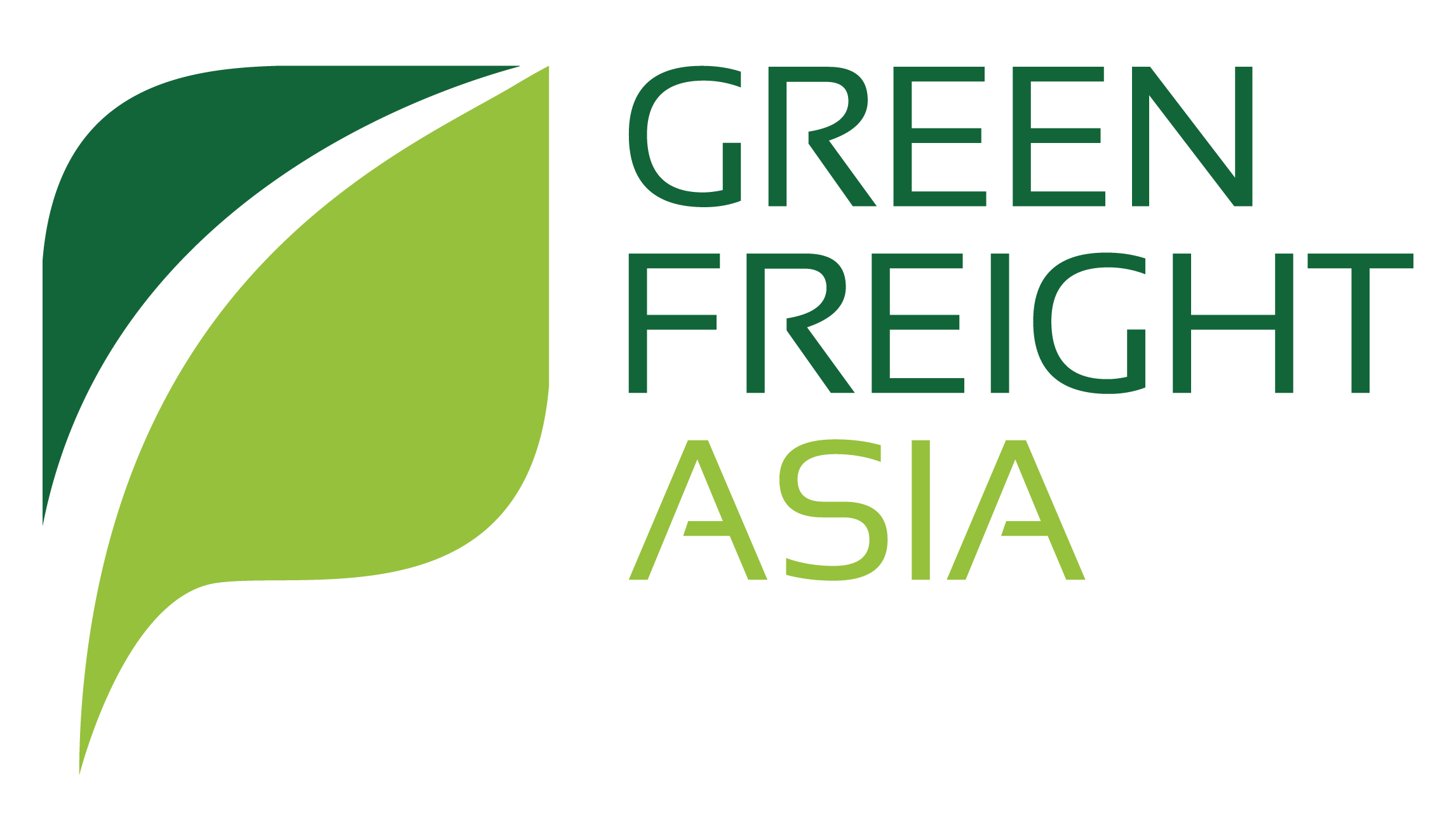The main objective of these events line-up is to drive and assist corporations to embrace responsible and sustainable business practices towards a decarbonized economy. Throughout this series, GFA will provide organizations a unique roadmap as the requisite bond between implementation plan and strategy supporting their sustainable development targets.
This series addresses topics ranging from funding sustainability projects, to environmental standards and policies, or simply what impact an companies’ operations would have on the environment. Please note that these topics are subject to change.
Who is this event for?
This series of stakeholders’ engagements are designed for both Multinational corporations and Small and Medium Enterprises and practitioners considering making use of different instruments to decarbonize their operations across the entire value chain. Whether you are a consultant or manager from Purchasing, Operations, Facilities, Quality, Logistics, and Supply Chains seeking to develop an extensive skill set around Carbon Management.
23rd JULY 2021: CIRCULAR ECONOMY AND
DIGITAL TECHNOLOGIES FOR BUSINESSES
• GHG Reports and ESG material areas
• Waste to fuel solutions
• Energy Efficiency
• Solar energy application
• Fleet Management Systems
GHG Reports and ESG material areas
Green Freight Asia Network,
Ms. Jelena Kremenjas, Senior Sustainability Program Manager
Waste to fuel solutions
Kaltimex energy group
Mr. Krishan Kumar Ralhan, CEO.
GHG and ESG analyses are required if the company wants to raise capital from any financial institution to prove its climate change mitigation and adaptation strategy. So far, however, companies lack a science-based target approach to translate their analysis into feasible investments that can be compared at the firm level. We shall discuss the potential benefits of a firm-level rating based on carbon emission reports to complement existing project-based green targets.
Litter is not waste, but a valuable material that can be used to create new value. The more waste we recover and recycle, the less raw materials we extract from nature.
Waste-to-energy is the process of generating energy in the form of electricity and/or heat from the primary treatment of waste, or the processing of waste into a fuel source. Almost anything could be converted, from plastics, rubber, biomass, including waste (lignite) coal, into high-quality synthetic diesel (EN590), kerosene, benzene (petrol–Octane 95 and above), and aviation (jet) fuel. Companies that operate with the specified fleet size could use these solutions through circular economy practices.
Solar Energy application
LYS Energy Group
Mr. Lionel Steinitz, CEO
Fleet Management System
Fleetbase pte.ltd.
Mr. Shiv Thakker
Co-founder
The world is making good progress on increasing access to clean electricity and improving energy efficiency. The renewable energy share of total final energy consumption has been increasing. However, we need to do more to ensure universal access to affordable, reliable and modern energy services without outages. Solar energy is applicable everywhere and has many benefits, from the impact on the environment to lowering your energy bills. Logistics and freight companies that own warehouses have huge potential for solar energy application which could bring their operations closer to carbon neutrality and further cost savings. Many car manufactures also use PV systems for electric vehicles to cut on the GHG emissions and air pollution.
Fleetbase is a cloud based operations platform and developer console for the logistics industry. They are making it easier for companies to manage their logistics operations and for developers to build out features, systems and integrations faster by providing tools, SDKs and a suite of APIs. Features such as configurable fields, activity status updates and setting custom service rates means that businesses can continue to deliver their bespoke customer service while having complete oversight and enhanced operational capabilities.






